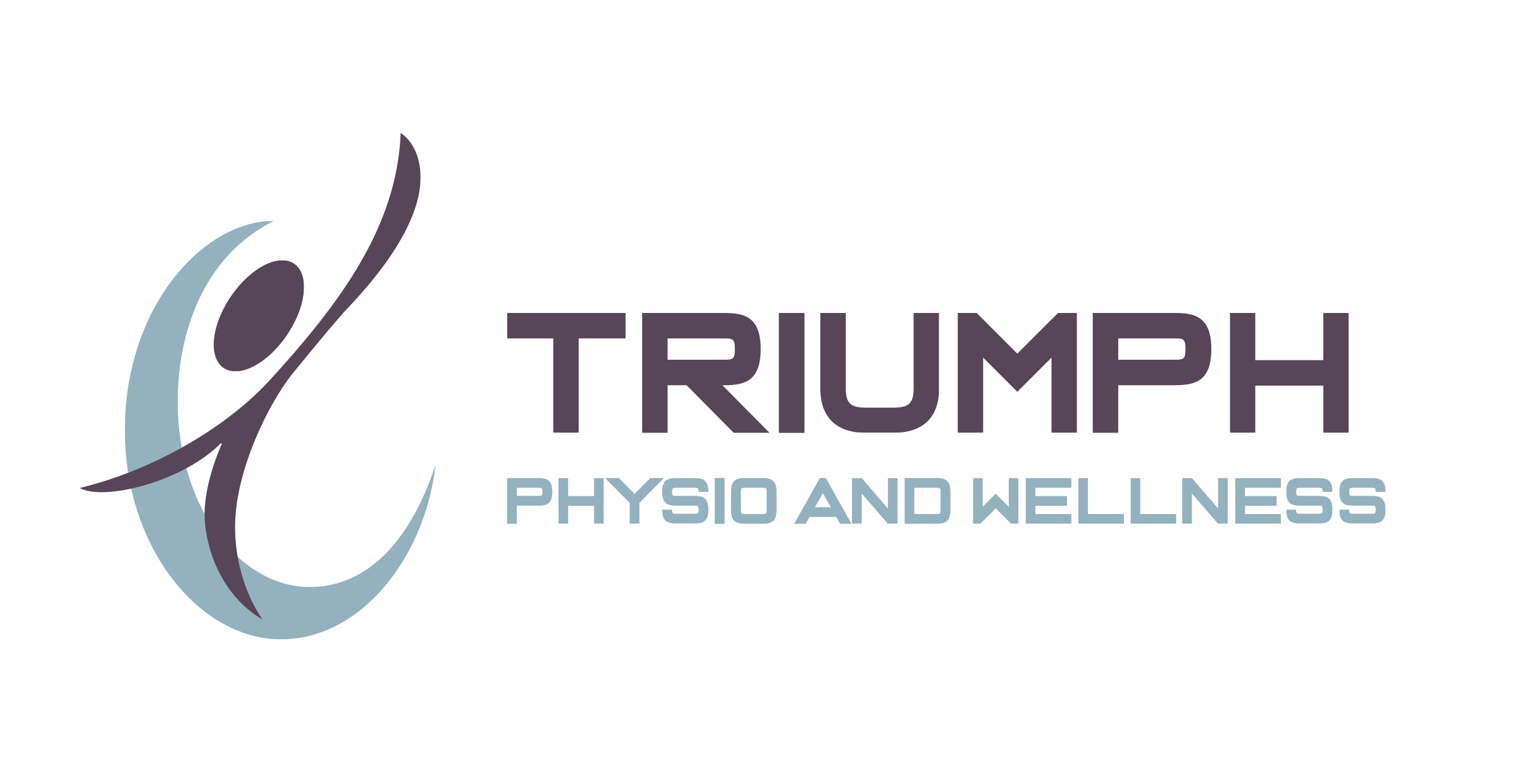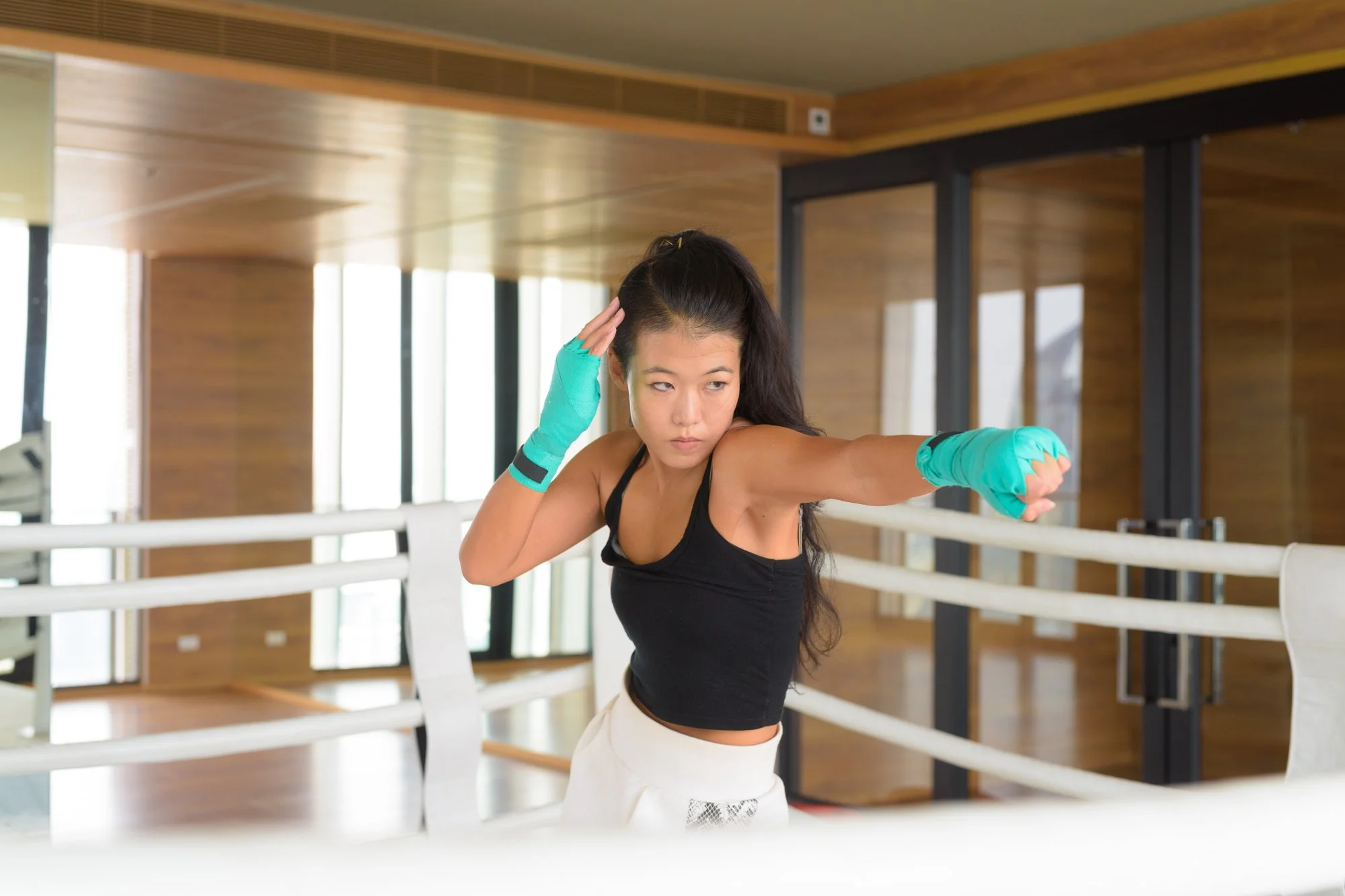How to Prevent Injuries if You Practice Boxing, Karate, and Jiu Jitsu
What do boxing, Jiu Jitsu, and Karate all have in common? That's right—they're all very body-intensive martial arts and sports that can cause injury if you're not careful.
It doesn't matter if you are an athlete or not; preventing injury to yourself physically can make a big world of difference. It means a good, clean game that everyone can enjoy participating in, and it results in a great workout for you.
That being said, it's easy to forget the basics after being so advanced for so long, no matter what you're playing. A refresher on the basics is always a good idea. With this in mind, here are our top tips on how to prevent injuries, especially if you're beginning to or currently practicing karate, Jiu Jitsu, and boxing.
Frequently seen injuries worth preventing
Another thing these sports and martial arts have in common is how frequently injuries can come about, especially for beginners. In these sports particularly, since the entire body is used, that means your entire body is vulnerable to injury, even during practice. The most frequently seen (though thankfully preventable) injuries can include:
Muscle sprains and strains. These can be particularly seen in the knees, shoulders, ankles, and even elbows. Since all three of these mixed martial arts involve techniques using the arms and legs, the tendons in these four body parts can become prone to strain if overused.
Hand injuries. The hands are the most vulnerable part in all of these sports, which is why proper gear to protect your hands is so important.
Stress fractures. These occur usually after bones are struck repeatedly with force. Even falling down over and over during practice can be a potential cause of a stress fracture.
Knee injuries. ACL and meniscus tears are all frequently seen on account of the knees being used as frequently as the arms in these sports.
Concussions. These are one of the most serious injuries and require immediate medical attention! Short term effects of a concussion include dizziness, nausea, and blurred vision. Long term effects of a concussion are the more concerning aspect of this injury, since these effects can include frequent headaches, memory and concentration problems, and a loss of coordination and balance—all of which can make or break one's performance in these sports.
Injury prevention for boxing
Always wear a mouthguard. It's against the rules of boxing to enter the ring without this important piece of equipment.
Use the right type of boxing gloves. Several different forms of boxing exist now, and there's a big difference between punching a sandbag and sparring. Usually the best kinds of gloves consist of lots of padding.
Wear headgear. This is also an important piece of equipment, since it protects the most vulnerable parts of your head where concussions are likely to occur.
Injury prevention for karate/jiu jitsu
Both of these activities are considered to be mixed martials arts, so a lot of injury prevention applies to both as well.
Watch other classes. Karate and jiu jitsu are in fact very different in terms of the techniques used, and most instructors allow newcomers to watch before they decide to participate. One form of activity that will work for some may not work for you, so it's good to keep an open mind before deciding.
Ensure the environment is safe. Practice only in spaces where it's well padded and you're being supervised.
Be aware of your surroundings. That way, you can avoid colliding into others while you practice.
Play other sports. Sticking to one sport alone can result in the overuse of certain muscles, which also lends to injuries.
Refrain from extreme actions. It's tempting to strike your punches and kicks fast, but this will only increase the risk of stress fractures and sprains. Go slowly.
These tips apply to all three!
As with any sport or strenuous activity, these tips can be used whether you're a boxer or a martial artist.
Get assessed by a physiotherapist first. There may be some underlying issue that will make or break your performance and ability to participate in these sports. This is not only recommended for boxing, karate, and Jiu Jitsu, but also for every sport that exists.
Go slow while training. We can't stress this tip enough! It's all too easy to want to move fast and learn the next new technique as soon as possible, but you may not be aware of your own limitations quite yet. Be sure you're also being supervised while practicing so that you don't cause accidental injury to others.
Learn the correct forms and postures. You may not realize how much of a difference these can make until after the fact. Each sport does consist of their own unique kind, so learning this information will definitely help in the long run.
Always stretch before and after. Warming up will help increase your blood flow to muscles, increase your heart rate, and wake your body up before more strenuous activity, while cooling down can help relax your body, lower your heart rate, and return your body to its pre-athletics state.
Take regular breaks. Rest matters as much as stamina and endurance improvement. Your body will thank you for the breaks too.
Hydrate! Keeping up with your hydration levels will help your body cool down.
Get a good night's rest. If you're tired, don't play; being sleep deprived will mean missing your target as well as leave yourself open to injury.
Keep your diet healthy. A balance of carbs, proteins, fruits, and vegetables can all contribute to a healthy athletic form. Don't rely on one food group too much over others, and avoid junk food as much as possible.
Seek advice if you feel you need it. That's what instructors and coaches are there for. They may know how you can improve on a technique or provide further information on form and posture if you're struggling.
Have fun! Maybe you joined for the sake of trying something new and different, and that's perfectly fine. Not every activity has to be a competition or taken so seriously.
Do you need help to recover? Let us know
Sometimes accidental injuries can happen despite our best efforts to prevent them…even the best athletes get hurt! Physiotherapy for sports injuries is one of our primary specialties at Triumph Physio and Wellness. Our physiotherapists themselves have had previous experience with not only coaching, but also participating in sports as well. When it comes to relieving pain and healing from injuries, we understand all too well how much of an impact that can have on your athletic performance.
Whether you're just getting warmed up as a boxer or you've been in your karate or Jiu Jitsu practice for years, you'll be in good hands if at any point you need help to recover.
Contact us today if you're in need of physio and injury prevention!
Creative Commons Attribution: Permission is granted to repost this article in its entirety with credit to Triumph Physio and Wellness and a clickable link back to this page.

